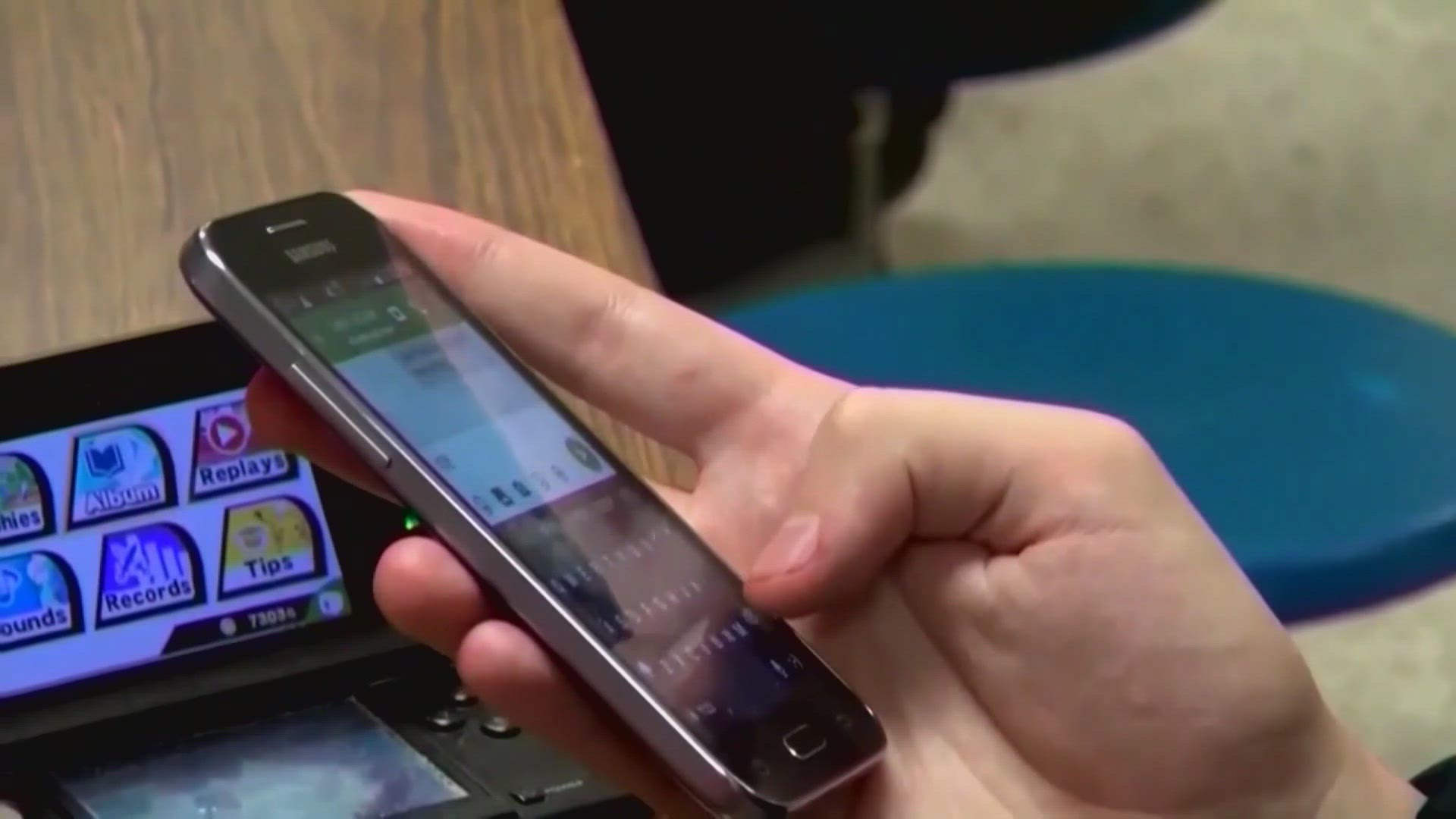VIRGINIA, USA — On July 9, Virginia Governor Glenn Youngkin issued Executive Order 33 to bring cell phone-free education to all schools across the commonwealth. A key component of the Executive Order requires that the Virginia Department of Education define what cell phone-free education means in Virginia.
On Thursday, the VDOE developed and released draft guidance for school divisions on policies and procedures to establish cell phone-free education and remove devices from Virginia's public school classrooms. The guidance is available on the VDOE's website to review until September 15.
“This draft guidance clears the cloud of distraction over classrooms and creates an environment where Virginia students can meaningfully connect with their schoolwork, friends, and teachers,” stated Secretary of Health and Human Resources Janet Kelly. “I anticipate this guidance having a positive impact far beyond the classroom.”
The draft guidance defines cell phone-free education in Virginia’s schools as “bell-to-bell", meaning phones should be turned off and stored away from the first bell at the start of the school day to begin instructional time until the dismissal bell rings at the end of the academic school day. “Bell-to-bell” includes lunch and time in between class periods.
The draft guidance also incorporates age-appropriate cell phone restrictions in Virginia's elementary and secondary public schools
- If a parent determines an elementary student needs to bring a cell phone or personal electronic communication device to school, it must be stored, off, and away from the student during the school day. It should not be used in the school building or on the school grounds before or after school.
- In middle school, students should not have an easily available cell phone or personal electronic communication device during the bell-to-bell school day. School divisions should establish local policies that determine cell phone and personal electronic communication device use within the school building or on school grounds outside of bell-to-bell, including before and after school.
- In high school, students should not have an easily accessible cell phone or personal electronic communication device during the bell-to-bell school day. Outside of the bell-to-bell instructional time, cell phones and personal electronic communication devices may be used on a high school campus before or after school.
It is important to know that students with documented medical conditions who use their phones to monitor their medical needs, can have a medical exemption from the bell-to-bell policy. In case of emergencies, the draft guidance requires that each school division build a plan to communicate directly with parents. Schools are also required to build a reunification plan for children and parents within their crisis and contingency plans.
A final guidance will be issued September 16. Once that is complete, all schools will be required to implement the policies by Jan. 1, 2025.

